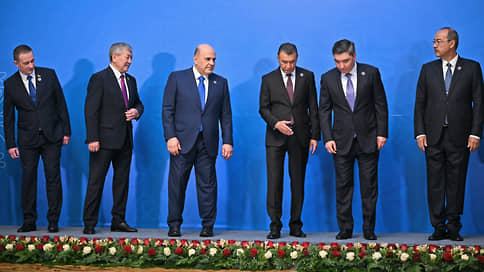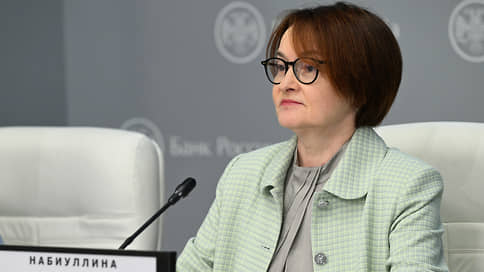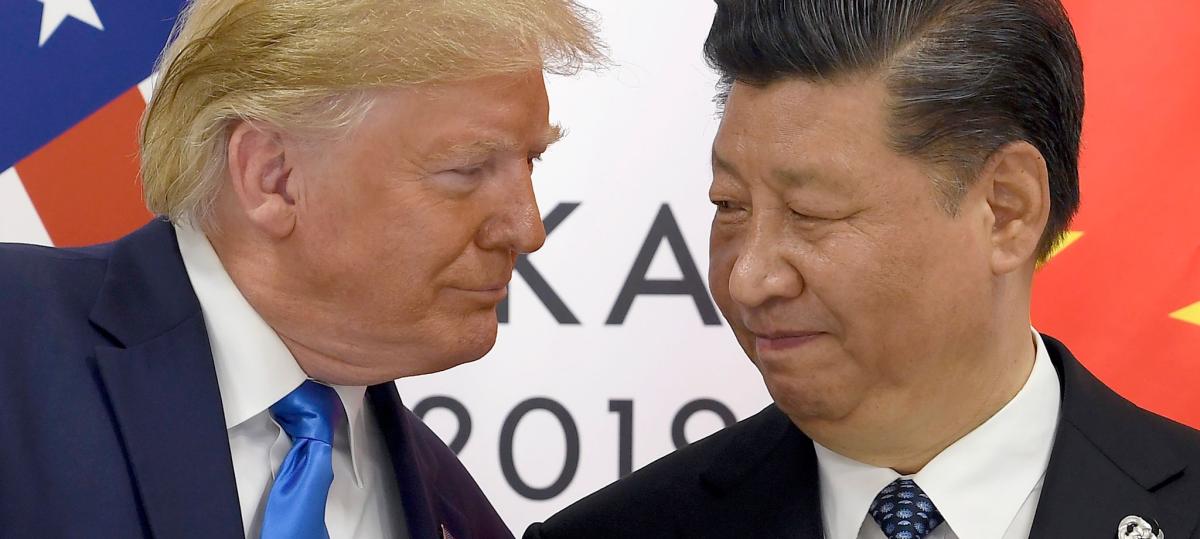A meeting of the heads of government of the CIS was held in Dushanbe

On June 5, a meeting of the Council of the Heads of Government of the Commonwealth of Independent States (CIS) with the participation of Mikhail Mishustin was held in Dushanbe, the issues of industrial cooperation were primarily discussed, which is one of the priorities for unification. Participants admitted that so far it is not possible to achieve tangible effects, although the CIS industrial sector demonstrates growth. For its support, new forms of interaction are needed. For one of the segments of industry – heavy engineering – the premieres yesterday approved the draft agreement on cooperation, aimed precisely at the development of cooperation in the sector.
The heads of delegations of the CIS countries on Thursday came to the Kochi Somon residence at a meeting of the Council of Heads of Government. It should be noted that this year, under the chairmanship of Tajikistan, will be the final for the implementation of the first stage of the strategy of the economic development of the Commonwealth until 2030. Since 2026, the second stage should start, the action plan has already been prepared by an expert group and will be considered in the participating countries and the highest bodies of the CIS. In the meantime, the prime ministers of the countries discussed the current priorities, which, obviously, will remain at the second stage of the implementation of the strategy.
According to the CIS Statat Committee, in 2024, mutual trade in the association grew by 8%, to 10 trillion rubles. According to the head of the Russian government, Mikhail Mishustin, the share of the CIS countries in the trade turnover of Russia is over 15.5%.
GDP, according to statistics, in general, in 2024, increased by 4.5%, primarily due to increasing industrial production (by 4.6%, including 8.5%in the manufacturing industry). The Prime Minister of Belarus, Alexander Turchin, among the priority areas of further intensification of interaction, named the use of free trade mechanisms, eliminate barriers, the formation of the technological space of the CIS, as well as the expansion of production and localization of products.
Although the industrial cooperation is a priority in the economic agenda of the CIS of recent years, it remains “paper” in many ways: as the Minister of Industry and New Technologies of Tajikistan Sherali Kabir admitted, many documents have been accepted, but there is no “expected tangible effect” yet. According to him, it is necessary to create more modern forms of cooperation, based on historically established connections, but already taking into account technological innovations, especially the possibilities of artificial intelligence.
In the field of industrial cooperation, two documents were signed yesterday: the concept of development of cooperation in the field of light industry has been adopted (it affects the effective processing of various raw materials and the introduction of innovative technologies into production processes) and a draft agreement on cooperation in the development of heavy engineering industries has been approved.
According to the CIS Executive Committee, the document is aimed at developing cooperation in new technological areas and when creating production chains that allow to increase the production and export of products with high added value.
Note that this sector for the CIS countries is quite important – it accounts for more than half of the products produced by the machine -building complex of the Commonwealth countries. According to the Russian Deputy Prime Minister Alexei Overchuk, specific projects were not discussed-the agreement “determines the framework that will largely improve the possibilities for the development of cooperative ties of heavy engineering and metallurgy, that is, building chains of creating added value”.
Among the promising areas are digitalization and electronic trade. The Prime Minister of Tajikistan Kokhir Rasulzod proposed developing a “CIS digital agenda until 2030”, which should cover digital identity standards, electronic trade, unified platform solutions and digital public services, in particular, through the creation of IT-habes. Unification of digital processes, he believes, will simplify cooperation in the trade, logistics and development of small business. The Prime Minister of Kazakhstan Olzhas Bektenov agrees with the need to develop electronic trade-according to him, he needs measures to develop the infrastructure base, support for the business, which should strengthen economic cooperation with foreign partners.
Mikhail Mishustin called on colleagues to combine cooperation with the Eurasian Economic Union (EAEU; includes Russia, Belarus, Kazakhstan, Kyrgyzstan and Armenia), in particular, he proposed to join the mechanism of the unified customs transit system. We are talking about the integration of transit traceability systems due to mutually recognized electronic declarations and navigation seals. The agreement is open to all countries and allows you to join transportation through the territory of the EAEU, “reduce business costs and increase the level of security of cross -border supplies,” the Russian prime minister added.








